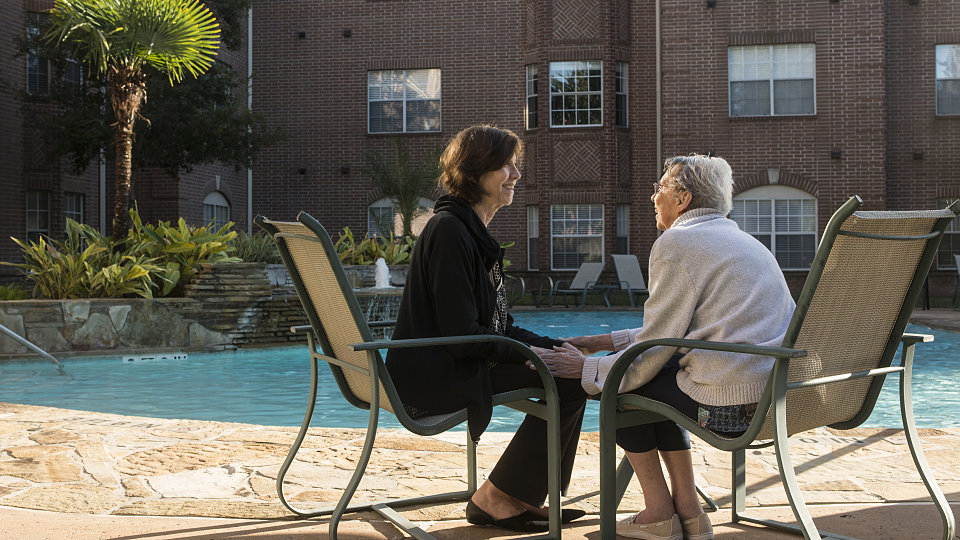Senior adults are, at the core, adults. They are real people with real stories, real emotions and real life experiences. And yet, with the day-to-day humdrum of life, it can sometimes be easy to overlook the things we love most about these older adults while getting frustrated with the changes aging brings. In the midst of these changes, there are certain things to not say, things we may not even realize we’re saying. In this article by Next Avenue, a leading journalistic resource for senior adults and their families, author Linda Bernstein expertly lists eight things to never say to a senior adult. As a faith-based not-for-profit senior living provider, we developed our own list of things to never tell a senior adult: 1. “Sweetie.” “Sweetie,” “sugar” or any variation of the two carry an inherent childlike tone. But senior adults are not children. They are grown adults with stories, histories and achievements. They’ve lived more life than some of their caregivers have combined, and therefore deserve the love and respect of an adult. Instead of Sweetie, say “Mrs. Smith.” You can still provide tender affection with a soft touch or a gentle hug, but using a person’s name promotes dignity and respect. 2. “Don’t you remember?” While some senior adults living with memory impairment don’t recognize their changing brains, others do. They feel genuine frustration with the growing lack of control they have over their own bodies. Asking why they can’t remember only adds to the frustration and places the blame on the senior rather than on the Alzheimer’s or dementia itself. Instead of asking questions, it may be helpful to simply listen. Then, provide your own comments. For example, instead of asking “Don’t you remember, we talked about this yesterday!” say simply, “Yes, we are going out to eat tonight. Would you like to join us?” 3. “You need to _________.” Senior adults have spent their lives giving and serving. They don’t need to be told what to do. Instead of giving directions, give choices. Say “Mom, would you like to wear your sweater, or would you like to go without one?” Choices empower the senior adult to make the decisions for themselves. It puts them back in control, even as things around them feel out of control. At the end of the day, a person is still a person. Recognizing that first and foremost will help further interactions with older adults to be fruitful and honoring to both parties. It helps minimize stress and maximize engagement.
What not to say to a senior adult

